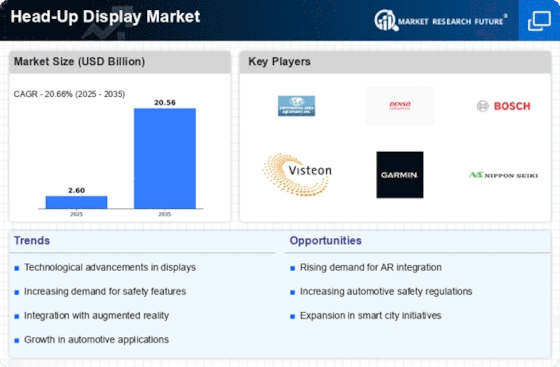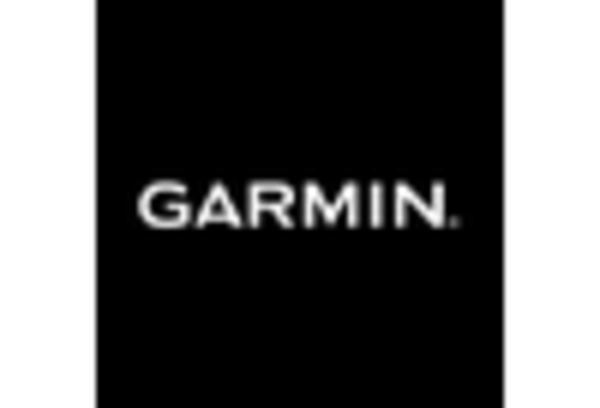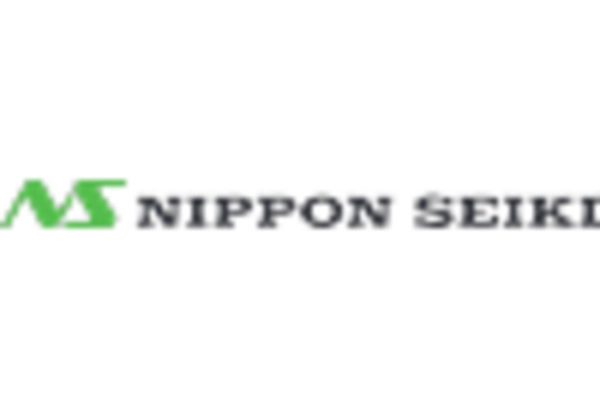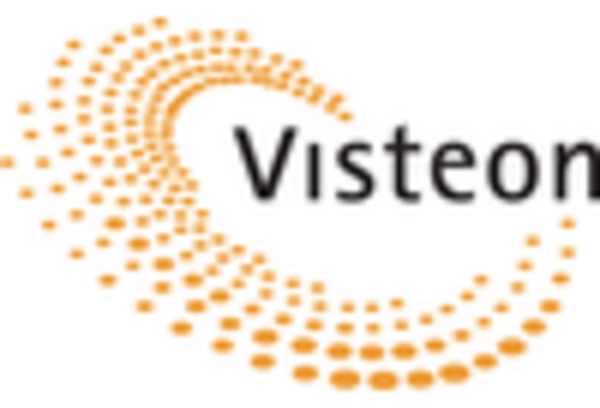Market Analysis
In-depth Analysis of Head Up Display Market Industry Landscape
The market factors that influence the development and evolution of the Head-Up Display (HUD) industry are complex and dynamic. The growing focus on safety and improved driving experiences is one important motivator. Because HUD technology puts important information right in the driver's line of sight, reducing distractions and encouraging better driving habits, it is becoming more and more popular as worries about road safety develop. Governments throughout the globe are realizing the potential of HUDs to lower accident rates and increase overall road safety, which is fueling demand and fostering an atmosphere that is favorable to industry expansion. One of the most important aspects of the dynamics of the industry is technological innovation. The advancement of display technology, optics, and augmented reality leads to the creation of more complex and feature-rich head-up displays (HUDs). These developments not only enhance the functionality of current HUDs but also provide new opportunities for uses outside of the automobile industry. The potential for HUD technology to be integrated into other sectors, including gaming, healthcare, and aviation, is growing as it grows more sophisticated and competent, which expands the market. Companies are driven to distinguish their goods via innovation because to competitive dynamics within the HUD industry. A cycle of research and development with the goal of producing innovative features, intuitive user interfaces, and enhanced functionality is encouraged by the competition. By keeping ahead of technology advancements, businesses aim to outperform their competitors and provide customers with a wide range of solutions that suit their requirements and tastes. The competitive environment fosters market expansion and advances HUD technology continuously. The tastes and actions of consumers also have a significant impact on how the market functions. HUD-equipped automobiles are in more demand as customer knowledge of innovative automotive technology improves. Purchase choices are influenced by the perceived advantages of HUDs, which include better navigation, real-time information presentation, and an improved overall driving experience. Businesses are more likely to succeed in the market if they match their offers to customer preferences, whether via creative features, low prices, or personalization choices. In addition, economic variables influence the HUD market's fluctuations. Consumer disposable income, general market circumstances, and economic stability all have an impact on purchasing power and consumer behavior. HUD technology is often used at a faster rate in areas with strong economies and a flourishing car industry. In contrast, consumer spending may be impacted by economic downturns, which might change the direction of the market. The dynamics of the market are further made more complicated by geopolitical and globalization considerations. Businesses in the HUD space must handle tariffs, global trade regulations, and the peculiarities of local markets. Trade disputes and geopolitical developments may affect manufacturing costs, market access, and the supply chain, posing both possibilities and difficulties to market participants. The automotive, military, and aviation industries are the primary drivers of the head-up display market. The military and aviation are more technologically sophisticated because of the use of display devices in these fields. The number of people flying by aircraft has increased significantly recently, which has increased demand for head-up display systems in civil aviation. The head-up display industry's worldwide market share has grown due to the significant growth in demand for these systems. The market for head-up displays has expanded as a result of improvements in people's perceptions of safety and security while traveling in cars and airplanes.


















Leave a Comment